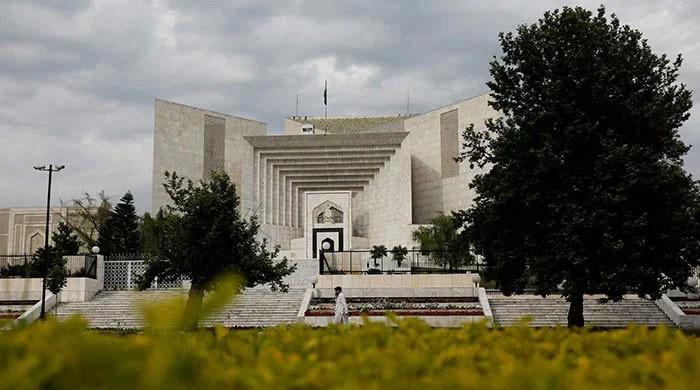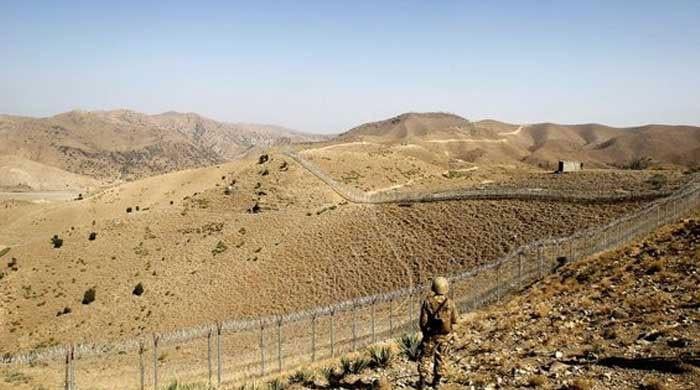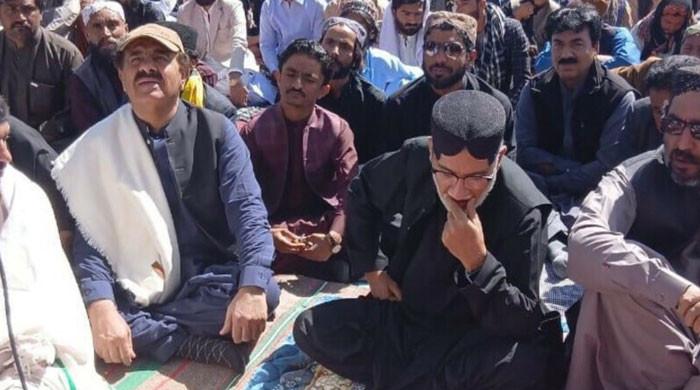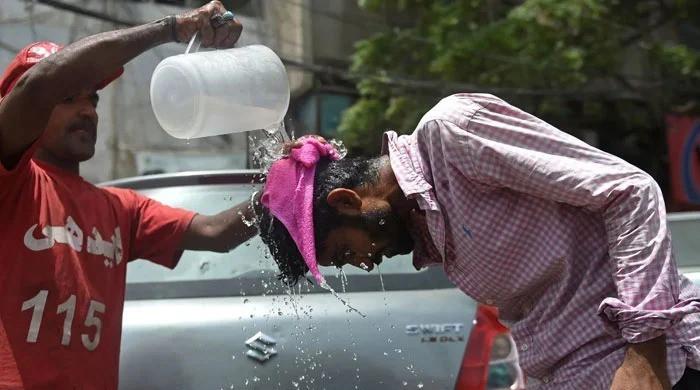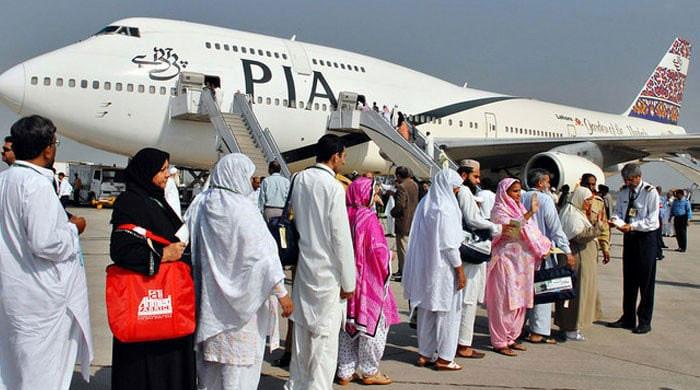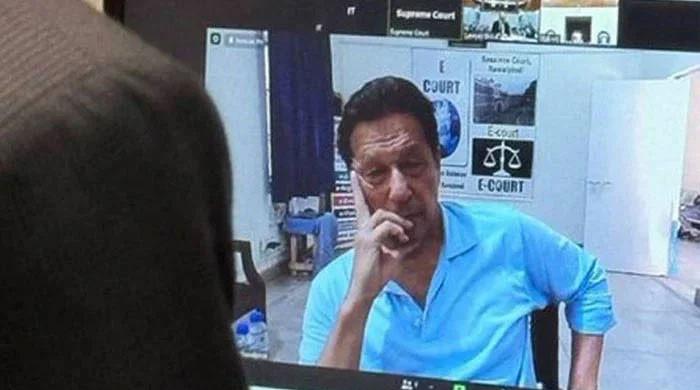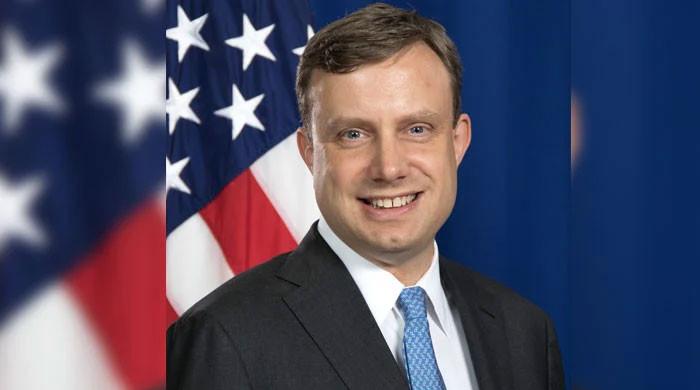Maryam Nawaz has adopted 'simple lifestyle' after becoming CM
Punjab chief minister wears normal clothes and doesn't need anyone's permission for it, Azma Bukhari says
April 24, 2024
Punjab Information Minister Azma Bukhari Wednesday said that Maryam Nawaz has undergone a major lifestyle change since she became chief minister and wears "normal clothes" and prefers "simplicity".
"Maryam [Nawaz] wears normal clothes [whereas] her other clothes are old and date before the [February 8] general elections," the provincial government spokesperson said while speaking on Geo News' programme "Geo Pakistan".
The minister's remarks came as Maryam, who made history after becoming Punjab's first-ever female CM in February, has showcased herself as a rather proactive provincial chief executive which has arguably resulted in her being in even more limelight than her role as the Pakistan Muslim League-Nawaz's (PML-N) senior vice president.
Undeterred by the criticism hurled by political opponents, Maryam has been accused by social media users of allegedly wearing expensive and branded clothes.
Responding to the allegations, Bukhari said that CM Punjab likes and mostly wears simple clothes.
"I didn't say she doesn't wear branded clothes, she prefers simple clothes now," the minister noted.
However, lamenting the unnecessary scrutiny, Bukhari stressed that CM Maryam doesn't need anyone's permission for what she wears.
"It is CM Maryam's performance that should be discussed," she said.
CM's projects are not merely file works
Commenting on the various initiatives undertaken by the provincial government, the information minister stressed that no project of CM Maryam is paperwork and all of them will see completion.
Highlighting the significance of the Punjab government's "Panic Helpline", Bukhari clarified that it isn't limited to women and is meant for all vulnerable sections of society.
The app, she noted, will be linked to the police control system.
Furthermore, the minister revealed that breakfast meals will be provided to 500,000 children in South Punjab with the project set to commence in two months.




